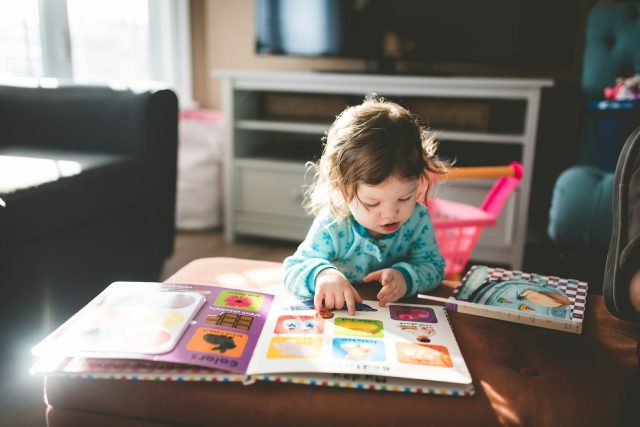
Every child’s journey with learning begins long before school uniforms and homework. The curiosity that sparks when a toddler builds with blocks or asks endless questions is the foundation of lifelong learning. Choosing the right early learning environment is an important step in nurturing this natural curiosity. For many families, centres like child care menai play a vital role in providing both structure and freedom for children to explore, discover, and grow.
Why Early Learning Matters
The first five years of life are critical for brain development. During this time, children are like sponges, absorbing language, social cues, and problem-solving skills at a rapid pace. Quality early learning environments create opportunities for children to:
- Develop strong communication skills
- Build resilience and confidence
- Learn to share, cooperate, and respect others
- Explore problem-solving through play
- Establish routines that make the transition to school smoother
It’s not just about preparing for school; it’s about fostering curiosity and enthusiasm that children carry with them for years.
The Role of Play in Learning
Play might look like fun and games, but it’s also serious learning. Whether it’s dressing up as a firefighter, stacking blocks into towers, or painting with bright colours, play develops vital skills:
- Imagination and creativity: Storytelling and role play encourage children to think beyond the ordinary.
- Fine and gross motor skills: From threading beads to climbing playground equipment, children strengthen their coordination.
- Problem-solving: Puzzles and games teach patience and persistence.
- Emotional growth: Play gives children a safe space to express feelings and learn empathy.
Through play, children learn at their own pace, building confidence with every small achievement.
Building Social and Emotional Skills
One of the most valuable parts of early education is the social interaction it provides. Children learn how to form friendships, work together, and handle conflicts in a supportive environment. These lessons are just as important as ABCs and 123s.
Educators help children manage big emotions by modelling calm behaviour, guiding them through disagreements, and celebrating their achievements. These skills prepare children for both the classroom and life beyond it.
Encouraging Curiosity Through Exploration
Children are naturally curious, and a strong learning environment embraces this. Activities like gardening, cooking, or nature walks allow kids to ask questions and discover how the world works.
For example:
- Planting seeds teaches patience and responsibility.
- Exploring insects and plants introduces scientific thinking.
- Cooking activities build numeracy and practical life skills.
By encouraging exploration, educators spark interests that can grow into lifelong passions.
The Importance of Routine and Structure
While play and exploration are vital, children also benefit from clear structure. Consistent routines help them feel secure, teaching time management and responsibility in age-appropriate ways. Simple daily patterns — like morning group time, outdoor play, and rest periods — balance excitement with stability.
This balance of structure and freedom ensures children learn self-discipline while still enjoying the freedom to explore their interests.
Partnering with Families
Parents and carers are children’s first teachers, and the most effective child care centres work hand in hand with families. Communication between educators and parents ensures consistency between home and care, which helps children thrive.
Families might receive daily updates on activities, progress reports on developmental milestones, or suggestions for activities at home that build on what children are learning. This partnership strengthens children’s learning outcomes and makes parents feel confident in their child’s care.
Creating a Positive Learning Environment
The best early learning settings are warm, welcoming, and inclusive. They celebrate diversity, respect each child’s individuality, and create an environment where every child feels valued.
Key features often include:
- Safe, clean, and inviting spaces
- Educators who are trained, empathetic, and passionate about children
- Age-appropriate activities designed to challenge without overwhelming
- Opportunities for children to have a voice in their learning
This combination helps children feel secure while developing independence.
Planting the Seeds for the Future
Early childhood education is about more than the here and now. The habits and attitudes children form in these early years influence how they view learning in the future. When children see learning as exciting and rewarding, they’re more likely to approach challenges at school — and later in life — with confidence and resilience.
Parents who invest in quality early education are giving their children a gift that extends far beyond their first day of school. By encouraging curiosity, independence, and social awareness, early learning centres help plant the seeds for a lifelong love of learning.



